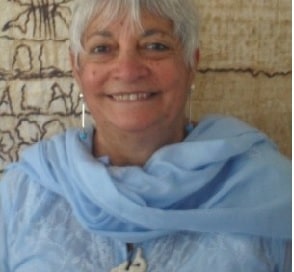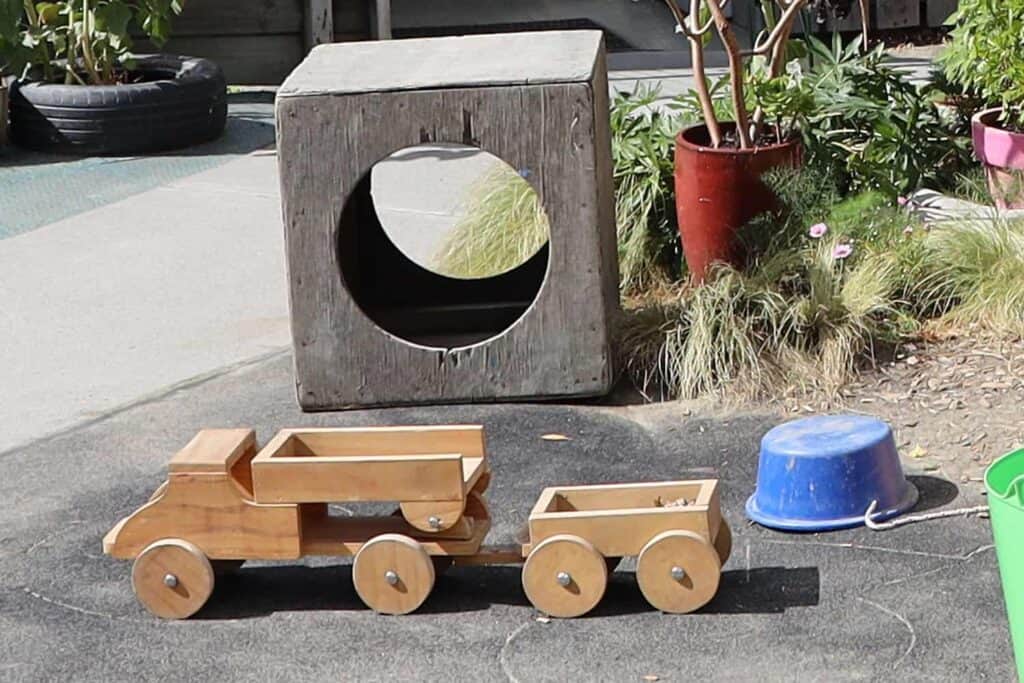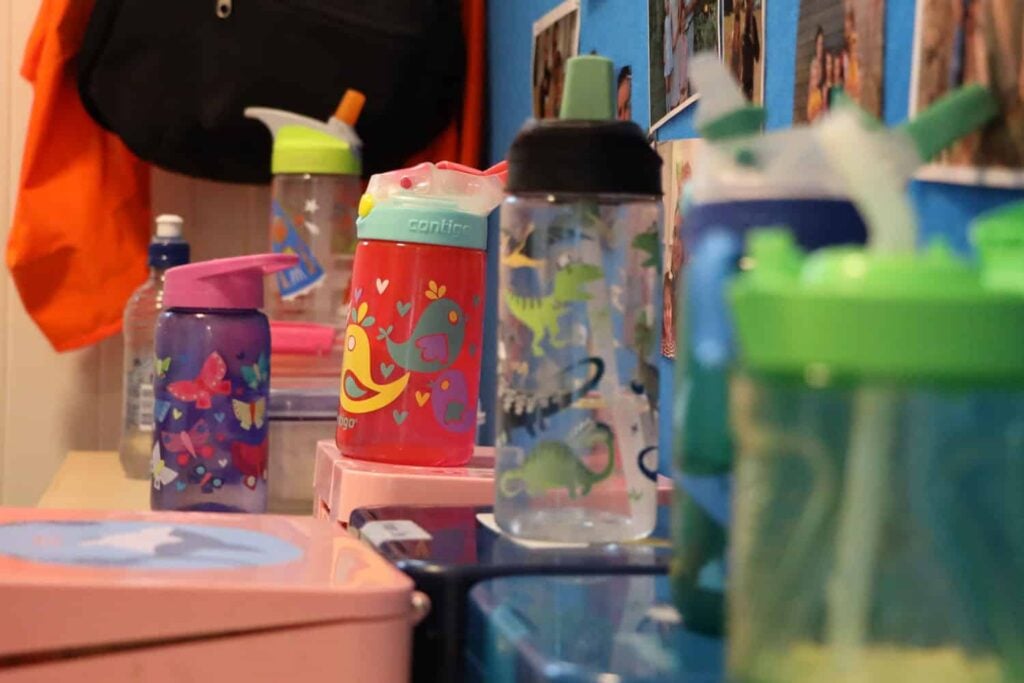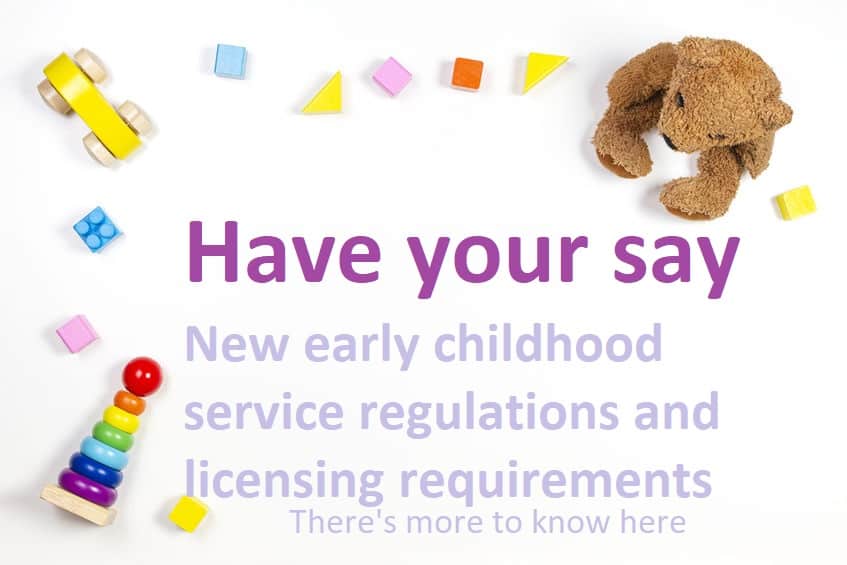Elizabeth Pakai.
August 23, 2012.
He wāhine ahau o te waka a Takitimu
Ko Kahuranaki Te Maunga
Ko Poukawa Te Wai u
Ko Te Hauke Te Whenua
Ko Kahuranaki te Whare
Ko Te Whatuiapiti Te Hapu
Ko Te Whatuiapiti te tangata
Ko Ngati Kahungunu Te Iwi
Engari
No Ohakune taku kainga tupu
Ko Ruapehu Te Maunga
Ko Mangawhero Te Awa
Ko Waimarino Te Whenua
Ko Tirohanga te Whare
Ko Ngati Uenuku Te Hapu
Ko Te Atihaunui a Paparangi Te Iwi
Ko Aotea Te waka
Elizabeth Pakai also has Indian and Irish heritage and is a mother of four and nana of 14. She has lived with Ngati Whakaue – Te Arawa for 20 years and has learnt a great deal from kaumatua and people of this rohe.
What was your early life like?
I am the fourth of eight children and grew up in the late 1940-1966 period in a small town at the foot of Mt Ruapehu. It was a time when we could ‘roam free’ so to speak. We lived among our cousins, aunties and uncles; our Irish grandmother lived not far away and our Indian nanny visited often. My Maori grandfather died before I was born, my Irish one when I was six, and I can only remember his rough face and the smell of his pipe.
The community we lived in was multi-cultural in that two of my aunties had married Chinese market gardeners so this was a significant part of my growth. We were all market gardeners and as children worked in the garden. One of my earliest memories is of us all getting off a truck so that it could be driven uphill to the most recent site for preparation of the ground. I must have been about three. This way of life influenced my thinking as we were bought up celebrating a range of cultural activities like Chinese New Year and Diwali. Indeed I did not know I had Maori blood until I started school. There was no identified early childhood education available at the time but as we had so many siblings around, we probably had a “kohanga’ of our own. My older brother and sister took me to school on my first day – that was just how it was done back in the day. Mum kept herself busy with the others at home, and as there was no transport we all walked a lot.
So really I had a “golden” childhood. Don’t get me wrong – we were poor, by poor I mean no shoes, just hand me down clothes except those that mum made. We worked hard from an early age in the gardens, and both boys and girls were taught at an early age to cook, clean, sew, knit and ‘behave’. Mum and dad’s words were final and respected. There were no holidays as we always worked in the garden and our break was a swim in the river, a picnic lunch and competitions with the other growers as to who could sow the most potatoes in a day. Good times indeed!
Describe your career path and jobs held
My first job was as a shop assistant in a bookshop but I think I did more reading than selling. My first career move, however, was to train to be a psychiatric nurse at the Kimberly Road Psychiatric Hospital in Levin which had full-time care of children with a mental age of 12. I couldn’t handle it so I worked mostly with the younger pre-school children at the on-site kindergarten.
It was then I decided kindergarten as a career. I went back to school to get 6th Form Certificate and in 1965 applied to join Kindergarten Teachers College, graduating in 1967. I have been in the service ever since, having taught in kindergartens in Taihape 1968 –1981; Songi pre-school in Western Samoa and Leififi expat Kindergarten 1980-82; Westland High School as a reliever 1983; Kawerau College 1984 reliever; 1984 – 1989 Putauaki Kindergarten; 1989 – 1990 Auckland College of Education; 1990-93 Education Review Office; 1993-2006 Waiariki Institute of Technology; 2006 current Te Wananga o Aotearoa.
I have raised four children while teaching at various places. I have also been involved in the Kindergarten Teachers Association as an area rep and vice chair.
I was part of the group that was tasked to develop Te Runanga Maori ECE – an Incorporated Society for Maori working/teaching in ECE. My achievements included writing and developing a three-year Diploma qualification in ECE at Auckland College of Education; helping develop the review process for the ERO in its initial years; as the Public Service Representative for ERO and representative on the NZ Council of Combined Unions; being involved at all levels of the development of Te Whariki the ECE curriculum; developing objectives and practices and code of ethics and Statement of Intent which identified a number of areas for development of Maori preschool children and their whanau; reviewing and developing the National Nanny Certificate, three stages of a three-year Diploma in Early Childhood Education & Care at Waiariki Polytechnic (later Institute) and advancing that into a level 7 Diploma of Teaching ECE accredited in three delivery options; developing Te Reo Rangatira, a centre-based and full time study to delivery at several sites: Taupo, Turangi, Gisborne and Whakatane.
Alongside this busy schedule, I completed a Certificate in Women’s Studies from Auckland University; an undergraduate degree in Vocational Education & Training and a Masters in Education Administration. I am currently enrolled as a candidate for a PhD with Otago University.
I have also presented papers nationally and internationally.
What is your current role and responsibilities?
Kaiwhakahaere Matua – National Manager Nga Whare Whariki kohungahunga – Early Learning at Te Wananga o Aotearoa. The role is mostly a strategic management one but it does involve a good amount of ‘hands on’ management of staff and kohungahunga/centres. I also spend a good deal of time in all the centres as mentor and guide to the management team and staff.
Who or what put you on the path to your career choice?
Several things: A college principal, who believed in me and made me a prefect so I would keep out of trouble. A primary school principal who said he would build a kindergarten for me to come home to – he did but it never opened until the mid 1970s. A little Maori boy who had been abandoned at the Kimberley Hospital and who was mostly ignored by staff – we developed a relationship and I had him walking in a short time. Amazing what love and attention can do! Sadly, he died shortly before I left. I think I always wanted to be a teacher. I was (still am) good at making big decisions and ‘bossing’ people around me. Let me not forget my granny who had a love of reading and instilled that in us as well. I still have a few of the books she bought me as a child.
What is the most interesting aspect about what you do?
Meeting new people; establishing new contacts; working with bright, intelligent and loving people across the country. The beautiful children who come into my life make the world more meaningful.
Are times when it gets very stressful in your job?
Deep breaths. Silence. Reflecting on what is happening, or what could happen. Going for a walk. Or kayaking on the lake.
Write down what is frustrating, look for solutions. Sleep on it.
Elizabeth Pakai what would you say has been your biggest achievement?
My children – no recipe for motherhood. They have all made it to adulthood and I am very proud of them.
Gaining accreditation for the Diploma in Teaching ECE at Waiariki Institute of Technology.
And what would be your biggest regret?
That many of the changes we wanted to implement have not been realised. I have watched the rise and demise of dreams for Maori in education come and go and we just seem to be going around again.
That I didn’t begin my PhD studies sooner.
For anyone considering a similar career as yours – what gems of advice might you suggest to them?
Do the hard yards – by that I mean, have the experience at all levels, then when you want others to do something they will know that you have been there, done that and know how it works.
Know that it is a life-time commitment and that some people will not understand why you do it or how.
Education is about lighting a fire not filling a pail.
Would you ever consider changing careers, and if so, would better pay/money be a main consideration?
No to both questions. Early Childhood Education is a life choice – it is a profession not a job. The satisfaction for me is yes a good pay packet but more the look on tamariki and kaiako faces when they have succeeded or are happy. Also with my longevity in the service I have seen many of my tamariki move through education to become doctors, lawyers, accountants and teachers – to have had a small part in any child’s life is a privilege.









